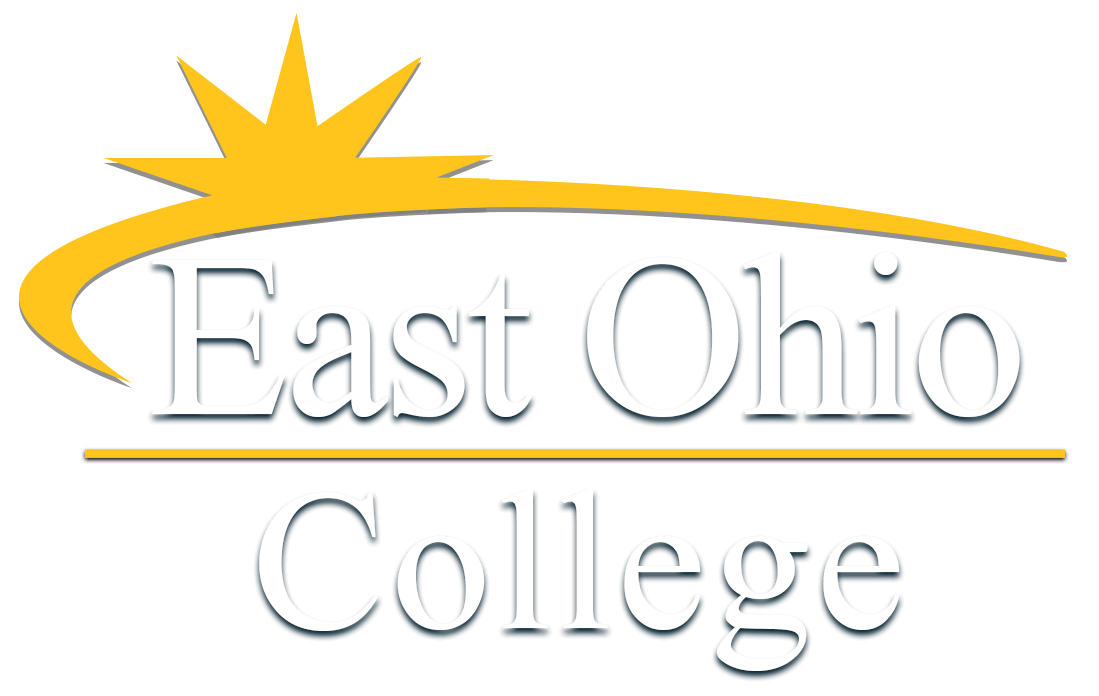As with anyone else who enters a new career field, graduates can generally expect entry-level positions; however, the level of employment obtained and the likelihood of obtaining employment are heavily dependent on the student’s job search efforts and the record the student makes for himself/herself while in school. Students are advised that their grades, absences, dress, conduct, work ethic and attitude displayed at school can significantly affect both the likelihood of finding employment and the level of employment obtained, if any. Also, matters specific to the student (such as a criminal record, drug/alcohol addiction, willingness to commute for a better job, etc.) can seriously impact the student’s career opportunities/success.
Accreditation may also affect graduate job prospects. Some employers may require a specific accreditation other than that school’s institutional accreditation. Finally, local economic conditions can greatly impact the graduate’s employment prospects. The graduate may have to accept an initial job that is not the graduate’s first choice, commute out of the local area or relocate out of economically depressed (or rural) areas for employment. However, as the graduate gains experience and engages in continuing education to improve his/her skills, the graduate will find more career choices will be available.
Prospective online students who live in depressed economic areas should seriously consider their willingness to either commute or relocate out of depressed areas to more economically vibrant areas for adequate employment opportunities. Failure to commute (possibly long distances) or relocate will severely limit employment opportunities.
Most of the Institution’s programs provide students with a background in general office administration/technology skills plus additional specialized training in other fields such as information technology, allied health, etc. In this manner, graduates are prepared for a variety of jobs. For information on graduate job/career successes, see the institution’s website at the address on the catalog front cover.
Once the graduate obtains his/her first job, how far he/she may progress in his/her career field will depend on the graduate’s efforts on the job. An educational institution can help its graduates get started; after that it is completely up to the graduate. His/her work ethic, attitude, dependability, willingness to continue learning and other such personal characteristics will not only help a graduate obtain initial employment, but also determine his/her overall career advancement and success. For example in the rapidly changing workplace, graduates must continue to take continuing education classes, join professional/work related associations, attend seminars, subscribed to and read related trade magazines and/or journals and be willing to adapt to change. Long term career management is vital to career success. Students should refer to materials provided for additional important information on career management responsibilities they are required to carry out.
